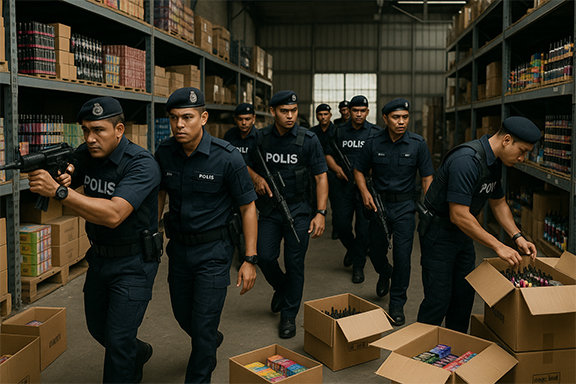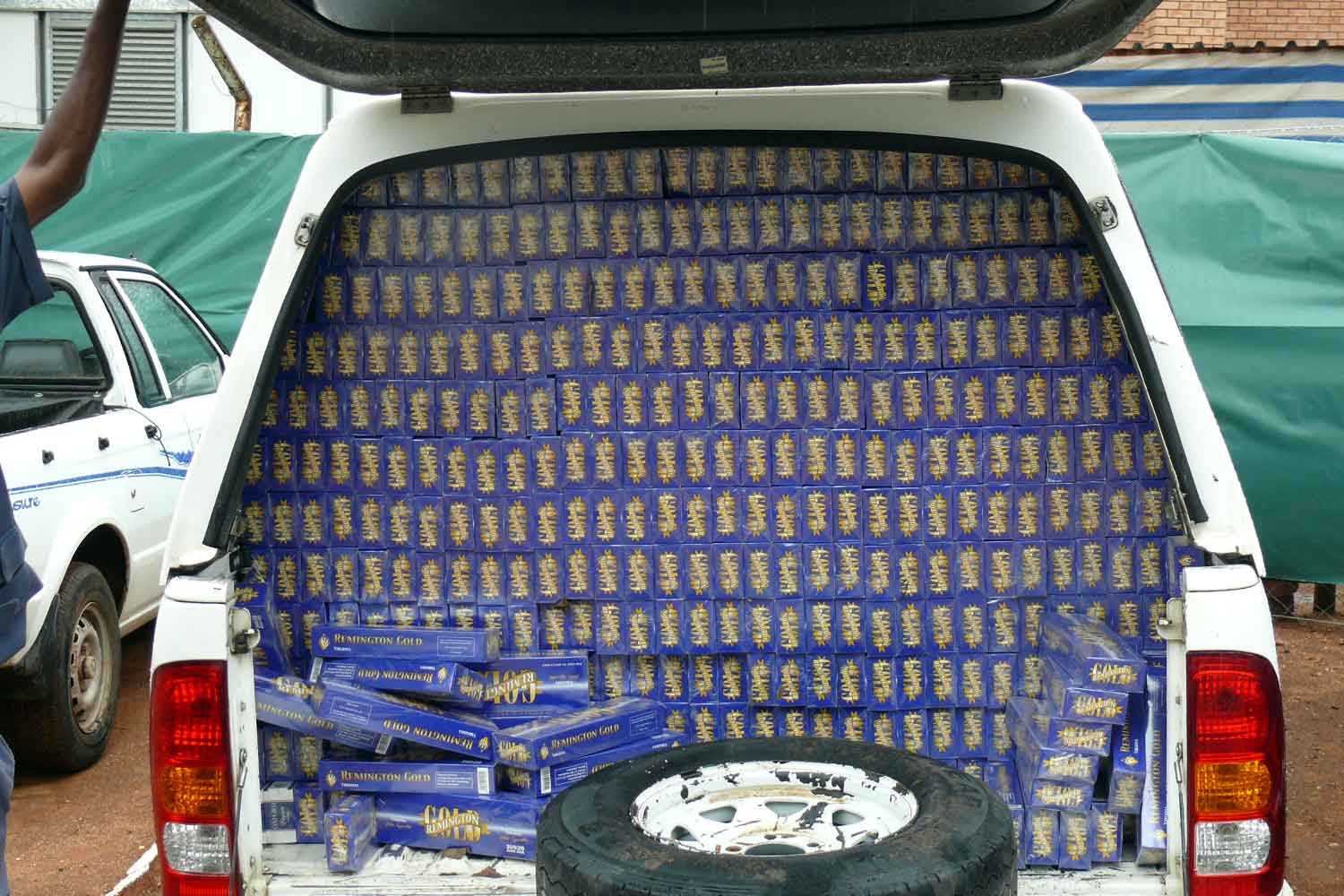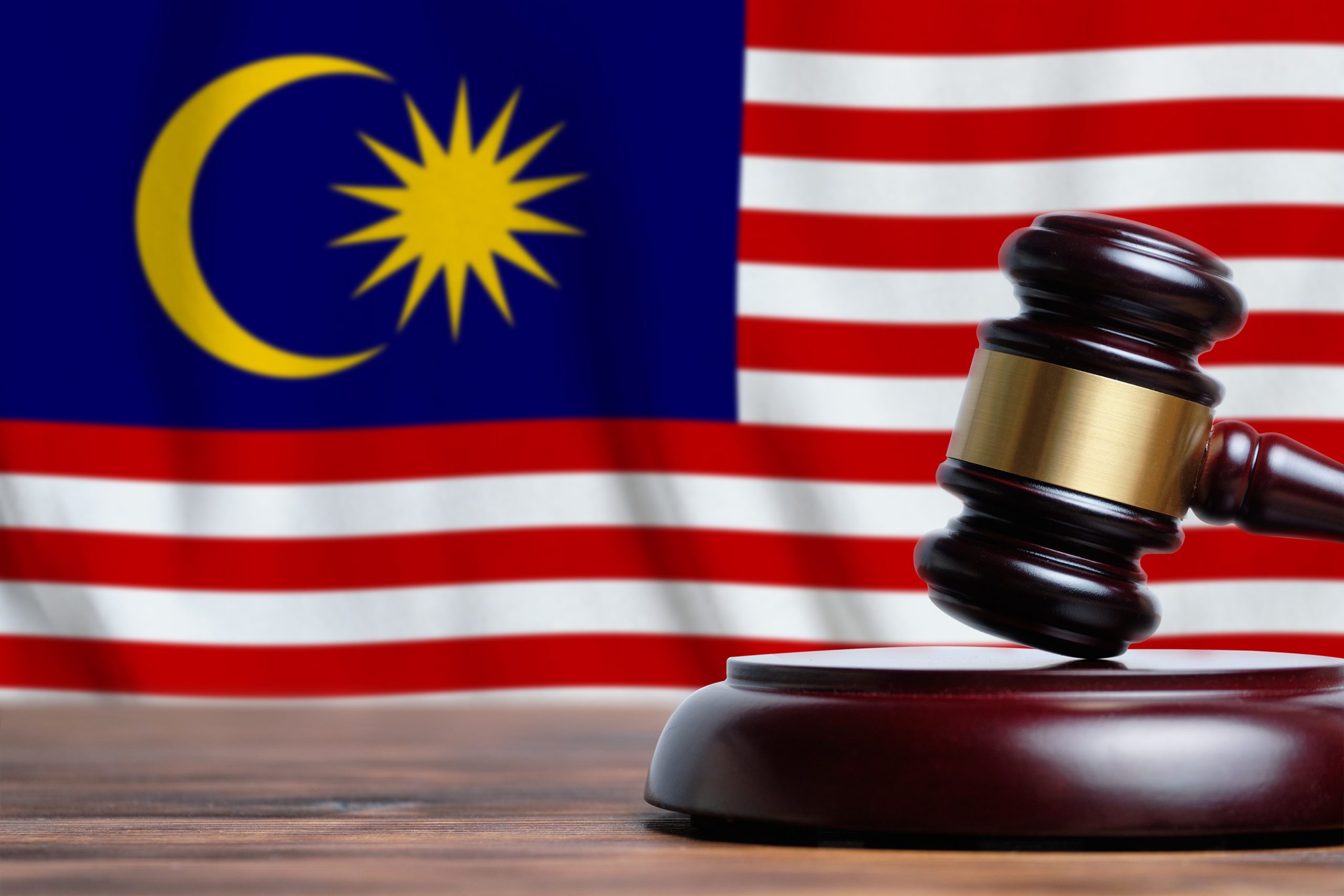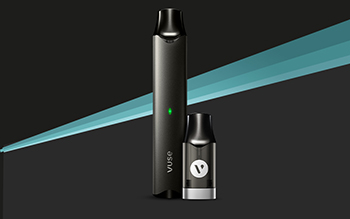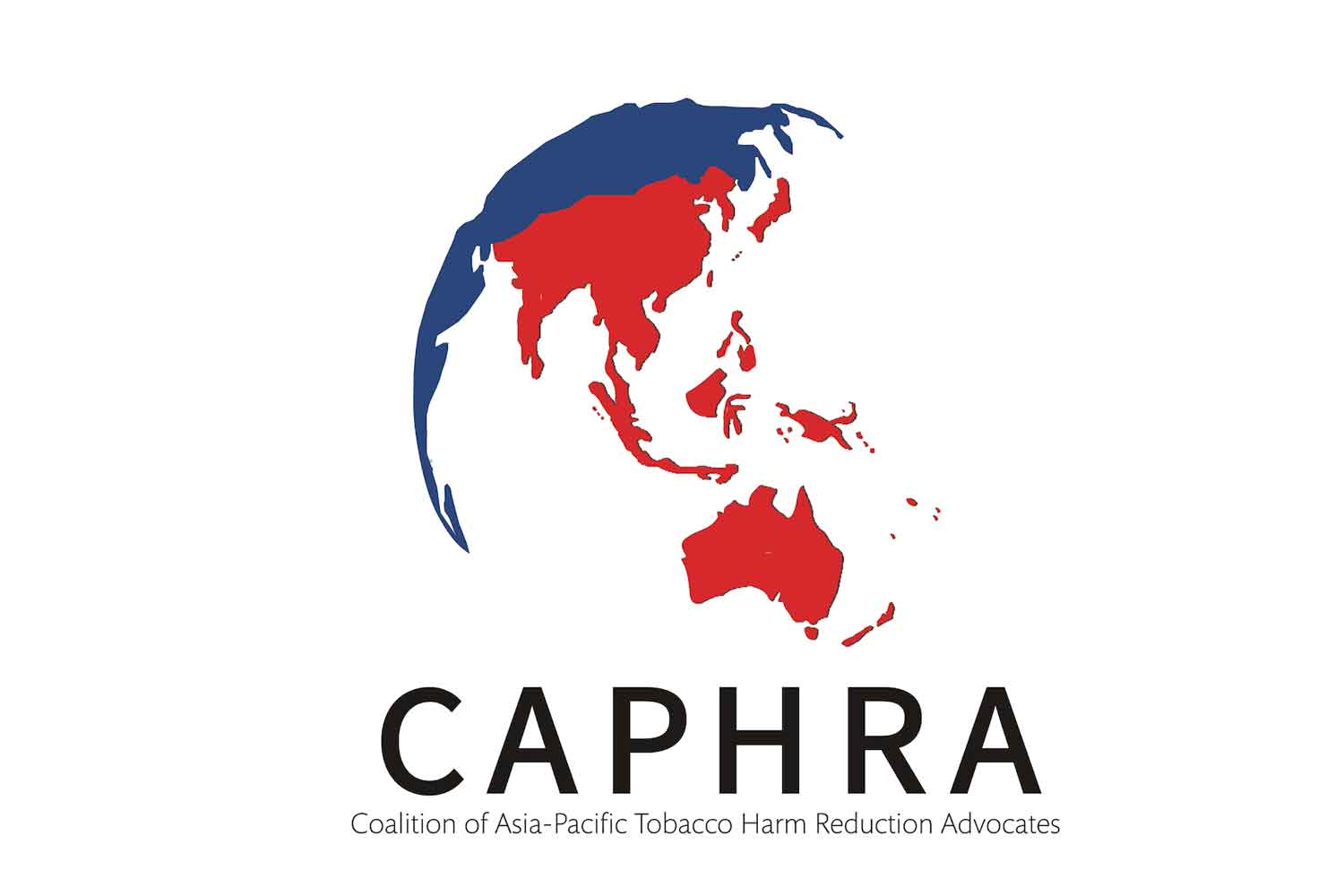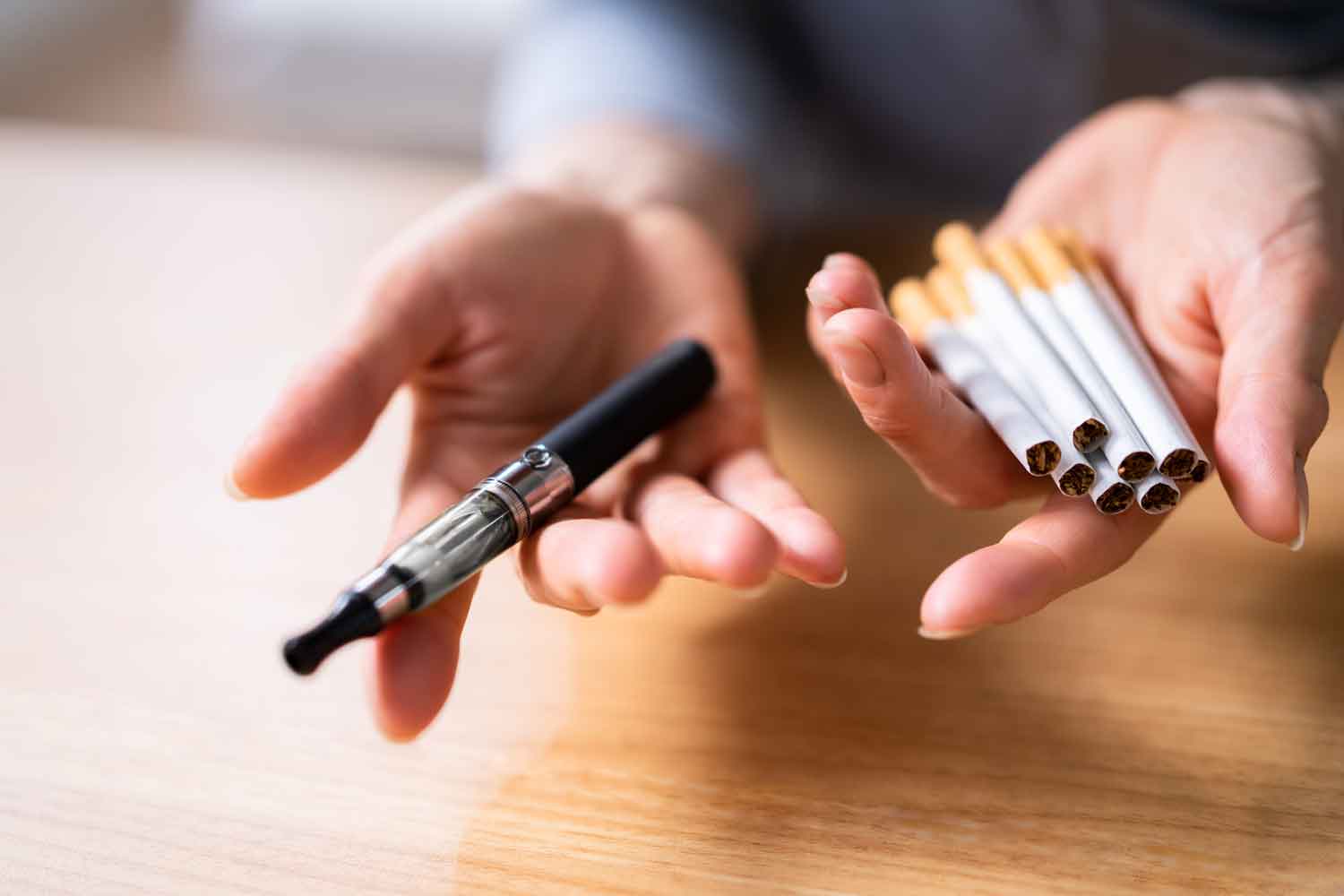Public safety must focus on syndicates, not legal retailers
Former Sarawak State Police Chief Datuk Dr Yusoff Nook called for a sharper distinction between drug crimes and the legitimate vape industry, following reports that investigated the widespread online sales of synthetic drug-laced vape products in Malaysia.
In the investigation, it was found that illicit vape liquids laced with dangerous substances like methamphetamine, syabu, and ketamine were being sold openly on social media and e-commerce platforms outside any regulatory reach and entirely separate from licensed retailers. These products are disguised as flavored vape, often in colorful packaging that appeals to younger consumers, and are traded via anonymous sellers through private messaging and courier services.
“These are not rogue retailers or irresponsible shop owners,” Nook said. “These are organized drug traffickers—sophisticated, transnational, and criminal in nature. They are merely using vape as a new delivery mechanism. But the issue is not with vape, the issue is drugs. At its core, this remains a drug crime, and it must be treated as such.
“The recent calls for state-level vape bans are misdirected, as they do not address the real source of harm. The investigation makes it clear: these products are not sold by licensed players. They’re sold online by criminals operating in the shadows. A state ban on vape shops won’t stop this. If anything, it punishes the visible and regulated segment of the market while doing nothing to touch the underground networks.”
Nook said that the legitimate vape industry is now governed under the Control of Smoking Products for Public Health Act 2024 (Act 852), which imposes strict requirements, including product registration, price approvals, and retail licensing.
“Licensed players are complying,” he said. “They are subject to inspections and oversight. The ones flooding our streets and social media with narcotic vape? They are not part of that system. They are traffickers. Let’s stop conflating legal vaping with narcotics. This is a criminal abuse of a product, not a failure of regulation or industry.”
Nook urged authorities to act with precision, using tools like the Dangerous Drugs Act 1952, Anti-Money Laundering Act 2001, stronger criminal enforcement, targeted raids, and cross-border intelligence sharing to take down these syndicates.
“This is a matter of national security,” Nook said. “Drugs are illegal. Drug trafficking is a serious crime in Malaysia. We must continue to treat it as such. We should be using every legal weapon available to take down drug networks, not redirecting blame onto products that criminals happen to exploit.
“The real danger is losing focus. If we spend time penalizing the legal market, we risk giving the illegal market room to grow. The vape industry is not the threat. Drug syndicates are. Enforcement, not prohibition, is the only real answer to this threat.”


